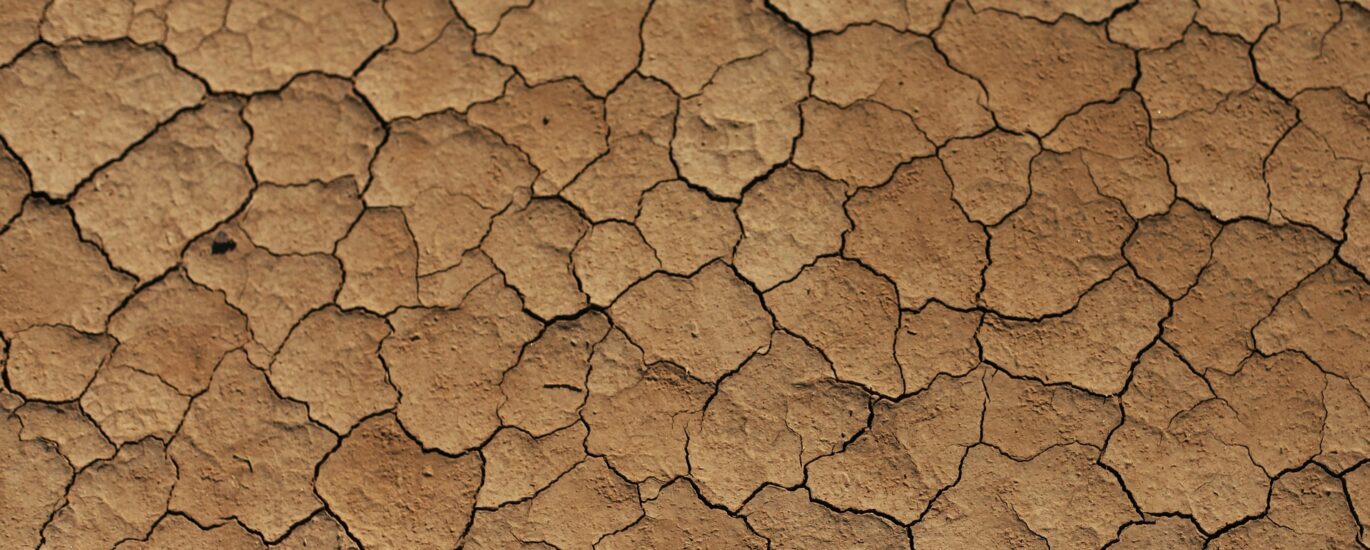Drought and desertification pose significant challenges to Africa, impacting both human populations and the environment. These phenomena, exacerbated by climate change, have far-reaching consequences such as food insecurity, displacement of communities, and loss of biodiversity. However, concerted efforts and innovative strategies can help mitigate the effects and combat the spread of desertification in the continent.
One key approach is implementing sustainable land management practices. This involves promoting soil conservation, reforestation, and watershed management to restore degraded land and enhance water retention. By adopting techniques such as agroforestry, contour plowing, and terracing, communities can better utilize scarce water resources and protect soil fertility, thus preventing further desertification.
Investing in water infrastructure is also crucial. Building and maintaining reliable water supply systems, including dams, reservoirs, and irrigation networks, can help secure water access for agriculture, livestock, and human consumption. Additionally, promoting water-saving techniques like drip irrigation and rainwater harvesting can optimize water usage and minimize wastage during periods of drought.
Encouraging sustainable agricultural practices is another vital aspect. Promoting climate-smart farming techniques, such as conservation agriculture and crop diversification, can improve resilience to drought and enhance productivity. Furthermore, supporting smallholder farmers with access to climate information, modern farming technologies, and financial resources can empower them to adapt to changing climatic conditions and reduce their vulnerability to drought-related impacts.
Community involvement and education play a pivotal role in combating desertification. Raising awareness about the importance of sustainable land management, water conservation, and reforestation is crucial for changing behaviors and attitudes towards the environment. Encouraging local participation in decision-making processes and empowering communities to take ownership of conservation initiatives fosters a sense of responsibility and promotes long-term sustainability.
International collaboration and financial support are essential to address the complex challenges of desertification in Africa. Partnering with governments, non-governmental organizations, and international agencies can mobilize resources, technical expertise, and knowledge sharing to implement effective drought and desertification mitigation programs. Financial investments in research, capacity building, and infrastructure development can have a transformative impact on the region’s ability to combat desertification and ensure a sustainable future for all.
In conclusion, combating drought and desertification in Africa requires a multi-faceted and integrated approach. By implementing sustainable land management practices, investing in water infrastructure, promoting sustainable agriculture, empowering communities, and fostering international collaboration, we can mitigate the impacts of desertification, safeguard livelihoods, and preserve the continent’s precious natural resources for generations to come. Together, we can create a resilient and sustainable future for Africa.





